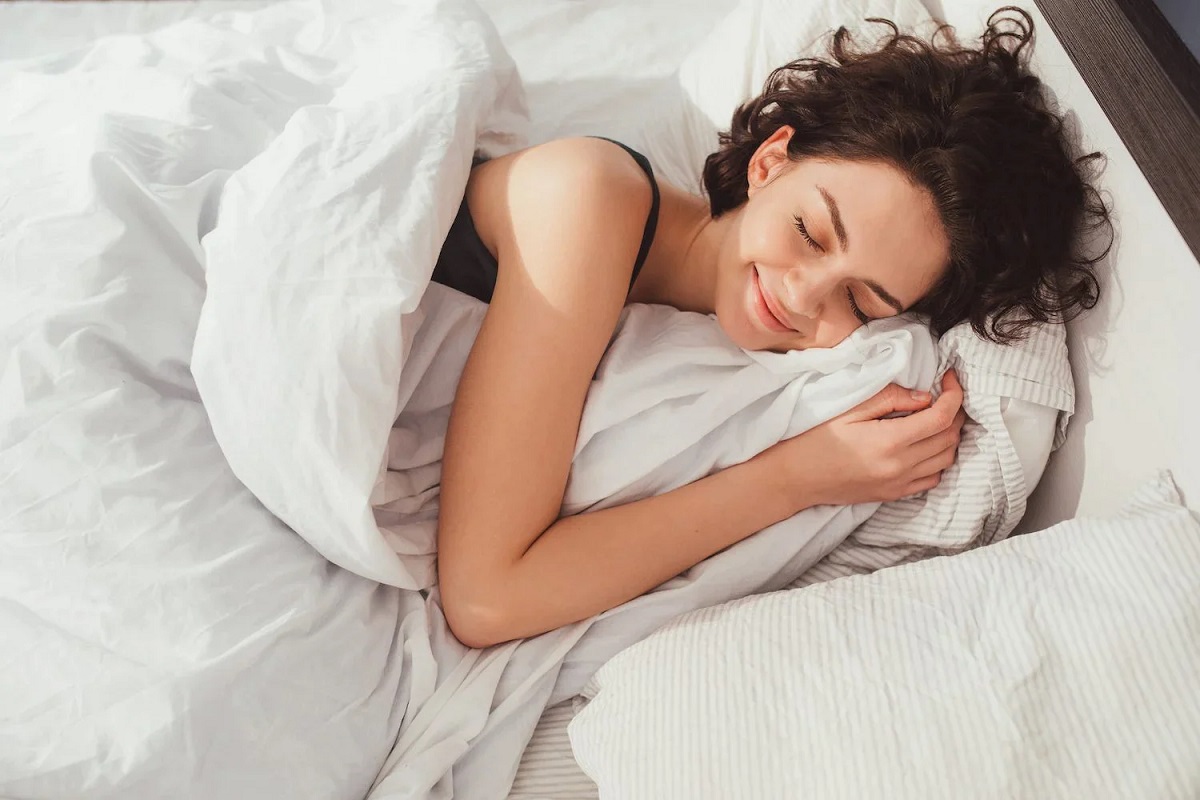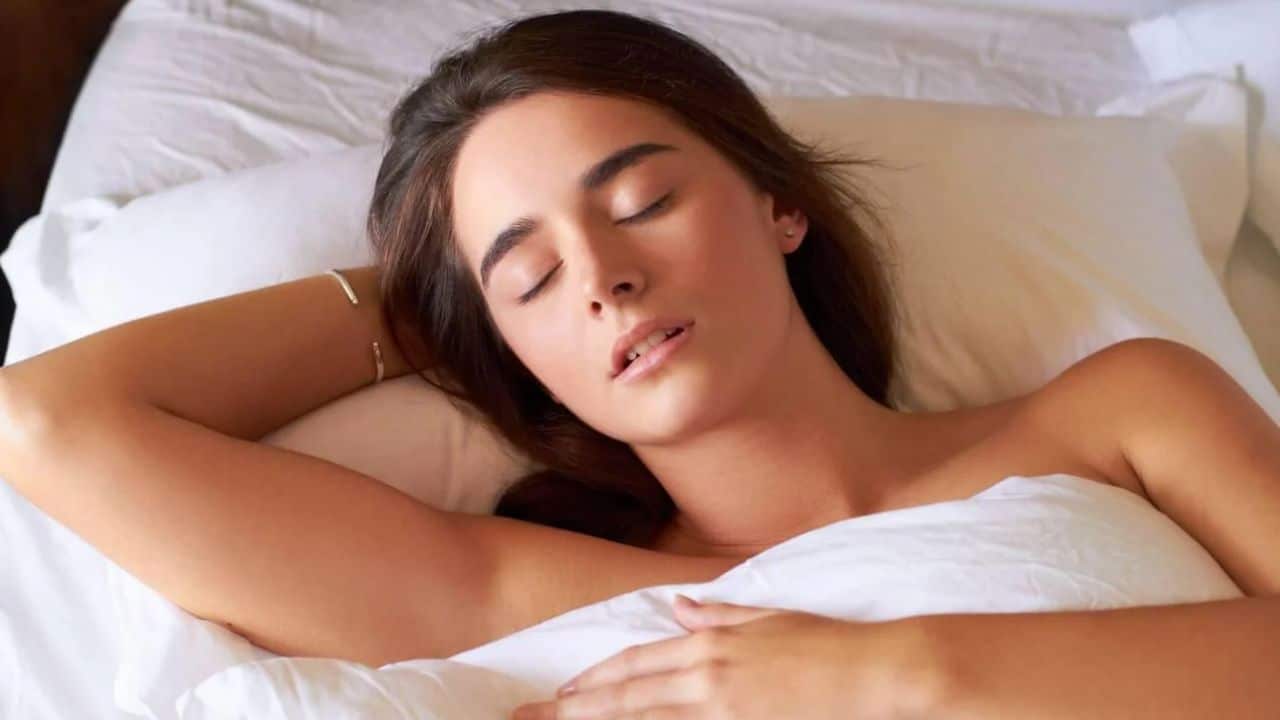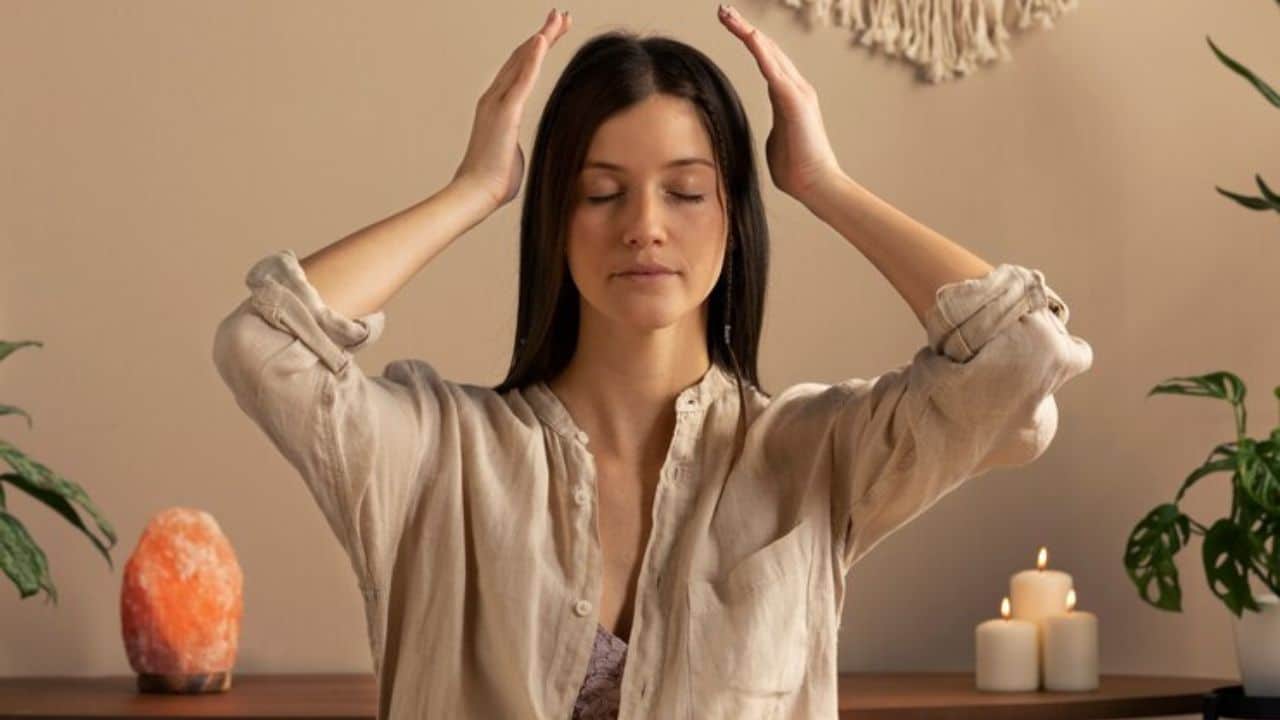Listen to the Podcast:
Unraveling the Connection Between Your Tresses and Your Zzz’s
We live in a fast-paced world where stress is a constant companion, and the importance of self-care is often overlooked. Among the many aspects of a healthy lifestyle, a good night’s sleep is essential for maintaining our physical, mental, and emotional well-being. It’s no wonder that sleep deprivation can lead to various health issues, including hair loss. In this article, we will delve into the link between hair loss and sleep, exploring how the two are interconnected and providing tips for a restful night.
The Science Behind Hair Growth and Sleep
Before understanding the connection between hair loss and sleep, it’s essential to grasp the basics of hair growth. Hair grows in a cycle consisting of three main phases: the anagen (growth) phase, the catagen (transition) phase, and the telogen (resting) phase. At any given time, 90% of your hair is in the anagen phase, while the remaining 10% is in the catagen and telogen phases. The duration of each phase varies among individuals and can be influenced by factors such as genetics, age, and overall health.
Now, let’s take a look at how sleep comes into play. During sleep, our body goes through a series of restorative processes, including cell regeneration, muscle repair, and hormone regulation. Among these hormones is melatonin, a key player in regulating the sleep-wake cycle. Interestingly, melatonin has also been found to promote hair growth by extending the anagen phase and protecting hair follicles from damage. Furthermore, sleep is essential for the proper functioning of the immune system, which plays a vital role in maintaining healthy hair growth.
Hair Loss and Sleep Deprivation: A Vicious Cycle
Chronic sleep deprivation can wreak havoc on your body and mind, with hair loss being one of its many consequences. Here’s how sleep deprivation and hair loss are intertwined:
- Stress and cortisol: Insufficient sleep is a significant source of stress, leading to an increase in cortisol levels. Elevated cortisol can cause hair follicles to enter the telogen phase prematurely, resulting in hair shedding.
- Hormonal imbalance: A lack of sleep disrupts the balance of hormones responsible for hair growth and health. For example, reduced melatonin production can negatively affect hair growth, while increased cortisol levels can exacerbate hair loss.
- Weakened immune system: Sleep is crucial for maintaining a healthy immune system. A weakened immune system can lead to inflammation and autoimmune disorders, which can contribute to hair loss.
Tips for a Restful Night: Combating Hair Loss Through Better Sleep
Achieving a good night’s sleep is an essential step toward preventing hair loss and promoting overall health. Consider implementing the following tips to help you sleep better and support healthy hair growth:
- Establish a consistent sleep schedule: Going to bed and waking up at the same time every day can help regulate your body’s internal clock, making it easier to fall asleep and wake up feeling refreshed.
- Create a bedtime routine: Engage in relaxing activities before bedtime, such as reading, taking a warm bath, or practicing meditation. These activities can help signal your body that it’s time to wind down and prepare for sleep.
- Optimize your sleep environment: Make your bedroom a sleep sanctuary by keeping it cool, dark, and quiet. Invest in a comfortable mattress, pillows, and bedding to ensure a restful night’s sleep.
- Limit exposure to screens before bedtime: Blue light emitted from electronic devices can interfere with melatonin production and disrupt your sleep-wake cycle. Limit screen time at least one hour before bed or use blue light filtering apps or glasses to minimize the impact.
- Exercise regularly: Regular physical activity can help reduce stress and improve sleep quality. Aim for at least 150 minutes of moderate-intensity exercise per week, but avoid intense workouts close to bedtime.
- Watch your diet: Consuming a balanced diet rich in vitamins, minerals, and antioxidants can support hair health and sleep quality. Avoid heavy meals, caffeine, and alcohol close to bedtime, as these can disrupt sleep.
- Manage stress: Incorporate stress-reducing techniques such as deep breathing, yoga, or mindfulness meditation into your daily routine. Managing stress can help lower cortisol levels, promote better sleep, and support hair health.
- Seek professional help: If you continue to struggle with sleep and hair loss despite your best efforts, consult a healthcare professional for guidance. They can help determine the underlying cause and recommend appropriate treatments.
The Importance of a Holistic Approach to Hair Health
A well-rounded strategy that addresses various factors affecting hair growth is crucial for maintaining and improving hair health. This holistic approach should not only consider aspects like sleep, diet, and exercise but also explore expert guidance and valuable information on natural hair growth solutions.
PureHealth Research is dedicated to providing research-backed insights and advice to help individuals address hair loss concerns effectively. They share valuable information that targets the root causes of hair loss, offering you the tools and knowledge you need to support your hair health journey. Make sure to visit their website to find out more about their research and guidance on natural hair growth solutions.
Conclusion: Sleep Your Way to Healthier Hair
The link between hair loss and sleep is undeniable, with both factors playing a significant role in the health of your tresses. By prioritizing a restful night’s sleep and incorporating supportive measures such as a balanced diet, regular exercise, and stress management, you can break the vicious cycle of sleep deprivation and hair loss. Furthermore, considering natural solutions can complement your efforts and provide a holistic approach to achieving healthy, strong hair. Don’t let sleep deprivation stand in the way of your hair health; start implementing these tips for a restful night today.







































